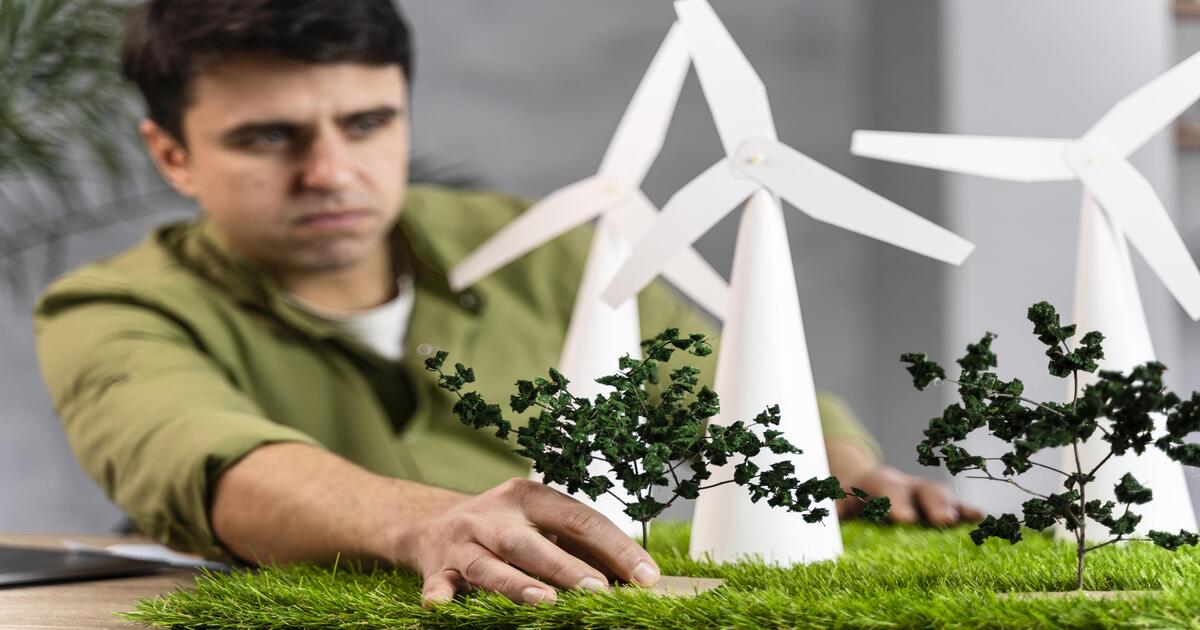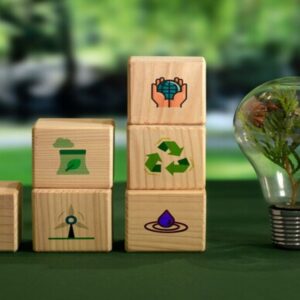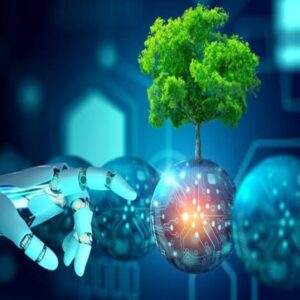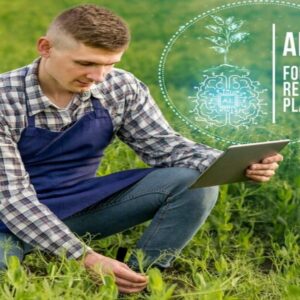Towards a Greener World
In the contemporary global scenario, the urgency to rethink our practices and adopt sustainable measures has become an undeniable imperative. Concern for the environment has transcended the boundaries of environmental activists and eco-enthusiasts, reaching a crucial space on political, business, and personal agendas. As we witness the adverse impacts of climate change, the quest for innovative and sustainable solutions has become pressing. In this context, new technologies emerge as powerful tools to pave the way towards a greener world.
One of the most dynamic and promising fields is renewable energy. The transition from non-renewable sources to clean and sustainable sources is one of the fundamental pillars to mitigate the effects of climate change. Solar energy, for example, has stood out as a viable and efficient alternative. With significant advances in the efficiency of solar panels and energy storage, we are witnessing a silent revolution that redefines how we obtain and use energy.
Another noteworthy innovation is the rise of electric vehicles. The automotive sector, historically associated with significant greenhouse gas emissions, is undergoing a radical transformation. Renowned manufacturers are heavily investing in technologies driving electric mobility, thus reducing dependence on fossil fuels. This movement not only diminishes the carbon footprint but also contributes to air quality in urban areas, where air pollution has reached critical levels.
When exploring the universe of new technologies, it is impossible to ignore the role of artificial intelligence (AI) in promoting sustainability. AI has been applied in various sectors to optimize processes and reduce waste. From precision agriculture to efficient waste management, machine learning algorithms are playing a crucial role in creating sustainable solutions. The ability of AI to analyze large datasets contributes to informed decision-making, enabling businesses and governments to adopt more sustainable approaches in their operations.

In the realm of construction, innovative technologies are emerging that redefine traditional standards. Green buildings, designed to maximize energy efficiency and minimize environmental impact, are becoming more prevalent. Sustainable building materials, such as recycled concrete and efficient thermal insulation, are being adopted to create structures that seamlessly integrate with the environment. These practices not only reduce the carbon footprint of the construction industry but also establish a new paradigm for modern architecture.
The digital revolution also plays a key role in building a greener world. The Internet of Things (IoT) enables the creation of smart cities, where connectivity is used to optimize resource consumption. Smart sensors monitor traffic, public lighting, and water consumption, allowing for more efficient management of urban resources. This approach not only increases efficiency but also contributes to the creation of more sustainable and resilient communities.
However, it is crucial to recognize that the path towards a greener world is not without challenges. The widespread adoption of these technologies requires significant investments in research and development, as well as a cultural shift towards more sustainable practices. Equity is also a crucial consideration, as the transition to green technologies should not leave economically vulnerable communities behind.
Challenges and Opportunities on the Journey Towards a Greener World
As we advance on this journey towards a greener world, it is crucial to confront challenges head-on while exploring the opportunities that present themselves. One of the main challenges is resistance to change, both from individuals and well-established industrial sectors. The transition to more sustainable technologies often requires leaving behind traditional methods, which can generate resistance from those who fear the unknown or disruption to their established practices.
Furthermore, existing infrastructure often does not align with the demands of a more sustainable society. The current reliance on fossil fuels, for example, is an ingrained system that requires significant investments in new infrastructure to accommodate the transition to cleaner energy sources. Overcoming these obstacles requires vision, strategic planning, and cooperation among governments, businesses, and communities.
However, in facing these challenges, we also encounter significant opportunities. The transition to sustainable technologies creates innovative jobs in emerging sectors, boosting the economy and fostering innovation. Research and development focused on sustainable solutions not only promote the creation of new markets but also position companies at the forefront of global competitiveness.
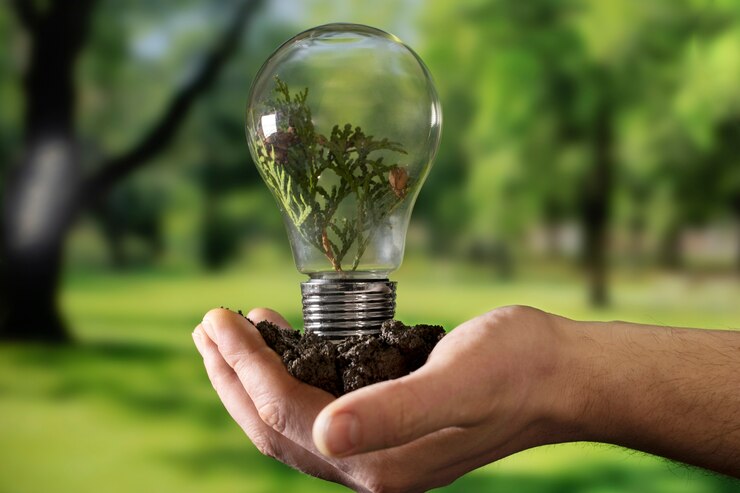
Another notable opportunity is the potential for collaborative partnerships across different sectors of society. Governments, businesses, non-governmental organizations (NGOs), and communities can join forces to create holistic solutions and integrated approaches to environmental challenges. These partnerships can catalyze innovation, share resources, and accelerate the implementation of sustainable practices on a global scale.
On an individual level, each of us plays a vital role in this journey. Awareness of our daily choices, from energy consumption to transportation options, contributes to building a more sustainable lifestyle. Small collective actions have the power to bring about significant changes, and it is imperative that we recognize our impact on the planet and take responsibility for our decisions.
Did you like this topic? See more content about: sustainability
SOURCE: science direct

